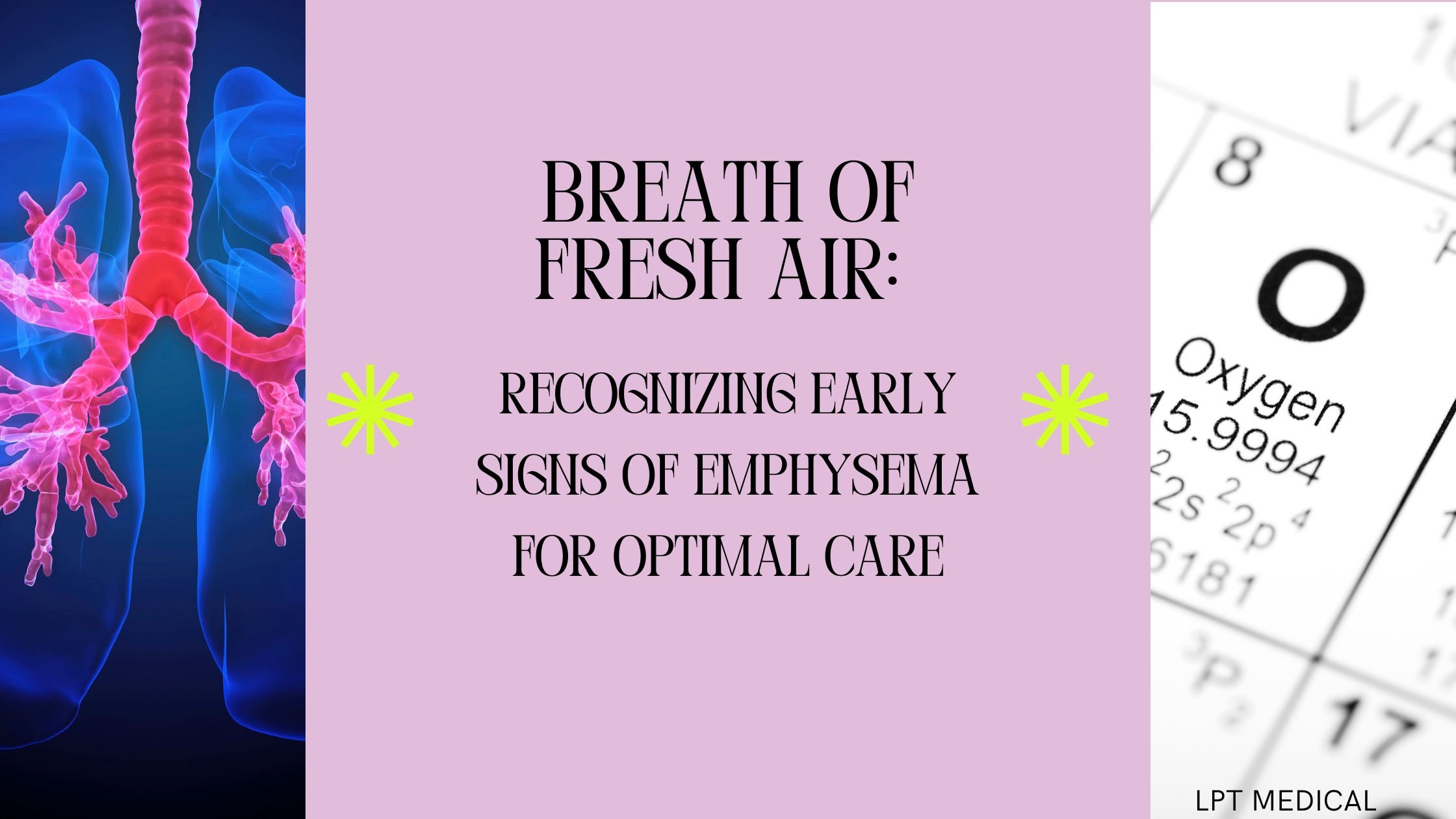Introduction to the Early Signs and Symptoms of Emphysema
Emphysema is a chronic lung condition that falls under the broader umbrella of chronic obstructive pulmonary disease (COPD). It is characterized by the progressive damage and enlargement of the air sacs in the lungs, leading to difficulty in breathing.
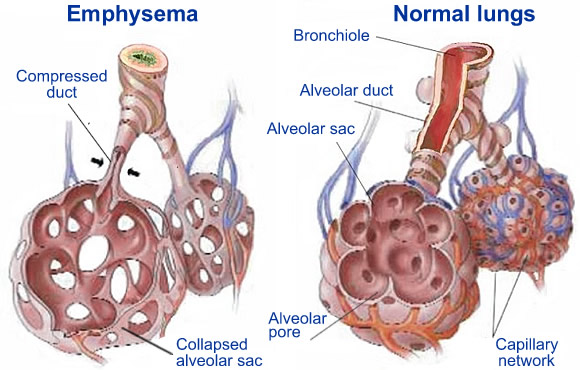
While emphysema primarily affects individuals who smoke or have a history of smoking, non-smokers can also develop this condition due to exposure to certain environmental factors.
Early detection of emphysema is crucial for effective management and improved quality of life. In this blog, we will discuss the early signs and symptoms of emphysema, available treatment options, and how to engage with your doctor to ensure the best care.
Recognizing the Early Signs and Symptoms:
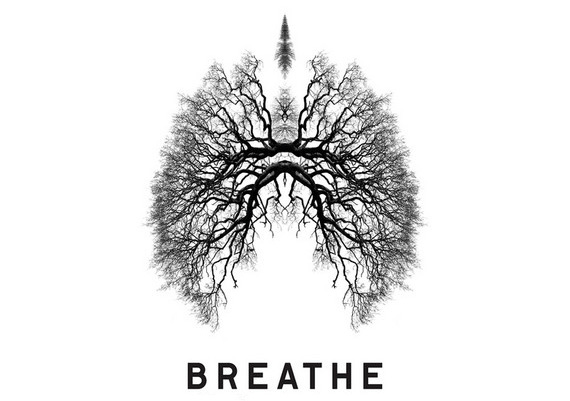
Paying attention to the early signs and symptoms of emphysema is of utmost importance for several reasons. Firstly, early detection allows for timely intervention and treatment, which can significantly slow down the progression of the disease and minimize its impact on lung function.
By recognizing the symptoms early on, individuals can seek medical help and receive appropriate management strategies to alleviate symptoms and improve their quality of life. Secondly, ignoring or neglecting the early signs of emphysema can lead to further damage to the lungs, making the condition more difficult to manage and resulting in irreversible lung function impairment.
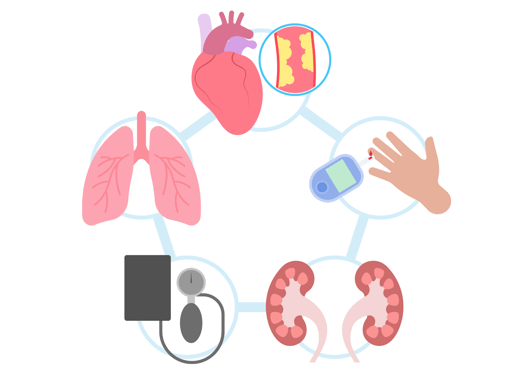
Lastly, early identification of emphysema can prompt necessary lifestyle modifications such as quitting smoking, avoiding lung irritants, and adopting healthier habits, all of which can positively impact disease progression and overall respiratory health.
Therefore, being vigilant about the early signs and symptoms of emphysema empowers individuals to take control of their health and seek timely medical attention, ultimately leading to better outcomes and a higher quality of life.
Here are some things to pay attention to:
Shortness of Breath: The most common and noticeable symptom of emphysema is experiencing shortness of breath, particularly during physical activities or exertion. As the condition progresses, shortness of breath may occur even during rest.
Chronic Cough: A persistent cough that doesn't go away or worsens over time is another early sign of emphysema. The cough may produce mucus or phlegm, and it may be more noticeable in the morning.
Wheezing: Wheezing, a high-pitched whistling sound during breathing, can be an early indication of emphysema. It occurs due to narrowed airways and obstruction caused by damaged lung tissue.
Fatigue and Decreased Stamina: Individuals with emphysema may experience increased fatigue and reduced ability to perform physical activities they once enjoyed. This occurs because the lungs cannot efficiently exchange oxygen and carbon dioxide, leading to reduced oxygen supply to the body.
Chest Tightness: A feeling of tightness or heaviness in the chest is often reported by individuals with emphysema. This sensation may be accompanied by a sense of pressure or discomfort.
if you start to recognize these symptoms on a day to day basis, contact a health care professional and seek medical attention! the early you seek diagnosis the earlier you can begin a treatment plan.
Emphysema and Early Treatment Options
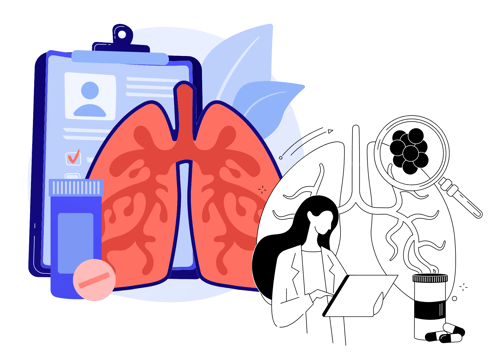
Early diagnosis and prompt treatment can significantly slow down the progression of emphysema and help manage its symptoms. Here are some treatment options your doctor may discuss with you:
Lifestyle Modifications: The first step in managing emphysema is to eliminate exposure to irritants, especially tobacco smoke. If you are a smoker, quitting smoking is crucial. Avoiding secondhand smoke and other pollutants such as dust, chemicals, and air pollution is also important.
Medications: Your doctor may prescribe bronchodilators, which help relax the muscles around the airways, making breathing easier. Inhaled corticosteroids can reduce inflammation in the airways and minimize symptoms. Antibiotics may be prescribed if there is an infection present.
Pulmonary Rehabilitation: This comprehensive program combines exercise, education, and support to improve lung function, increase exercise tolerance, and enhance overall quality of life for individuals with emphysema.
Oxygen Therapy: In advanced cases of emphysema, supplemental oxygen may be required to ensure the body receives enough oxygen. Oxygen therapy can help relieve shortness of breath and improve overall well-being.
5 Key Questions to Communicate with Your Doctor
To receive the best possible care for emphysema, it is important to actively engage with your doctor and ask the right questions. Here are some key questions to consider during your appointment:
1. What diagnostic tests are necessary to confirm a diagnosis of emphysema?
2. How severe is my emphysema, and what stage does it currently fall under?
3. What lifestyle modifications can I make to slow down the progression of the disease?
4. What medications do you recommend, and what are their potential side effects?
5. Can you refer me to a pulmonary rehabilitation program to help manage my
This is why these 5 question are crucial for effective and promote action to treat Emphysema
What diagnostic tests are necessary to confirm a diagnosis of emphysema?
It is essential to understand the diagnostic process for emphysema. Your doctor may recommend tests such as spirometry, which measures lung function, and imaging tests like chest X-rays or CT scans to assess the condition of your lungs.
How severe is my emphysema, and what stage does it currently fall under?
Understanding the severity and stage of your emphysema can help guide your treatment plan. Emphysema stages range from mild to very severe, with different implications for management and prognosis.
What lifestyle modifications can I make to slow down the progression of the disease?
Lifestyle changes play a crucial role in managing emphysema. Ask your doctor for specific recommendations, such as quitting smoking, avoiding lung irritants, exercising regularly, and maintaining a healthy diet.
What medications do you recommend, and what are their potential side effects?
Emphysema management often involves medications to alleviate symptoms and reduce inflammation. Ask your doctor about the medications suitable for your condition, how they work, and any potential side effects. It is important to understand the benefits and risks associated with each medication.
How to Get Started with Supplemental Oxygen Therapy
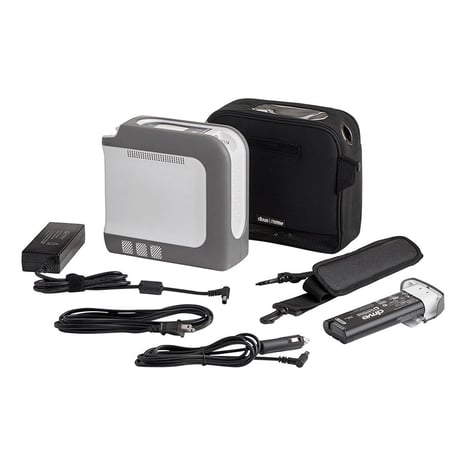
In advanced cases of emphysema, when the oxygen levels in the blood are significantly reduced, your doctor may prescribe supplemental oxygen therapy. Supplemental oxygen helps ensure that your body receives adequate oxygen, improving symptoms and overall quality of life.
There are several options for delivering supplemental oxygen, including compressed gas cylinders, liquid oxygen systems, and oxygen concentrators.
Portable Oxygen Concentrators: The Best Option for Active and Independent Oxygen Users
Among the various supplemental oxygen options, portable oxygen concentrators (POCs) have gained significant popularity for individuals with emphysema.
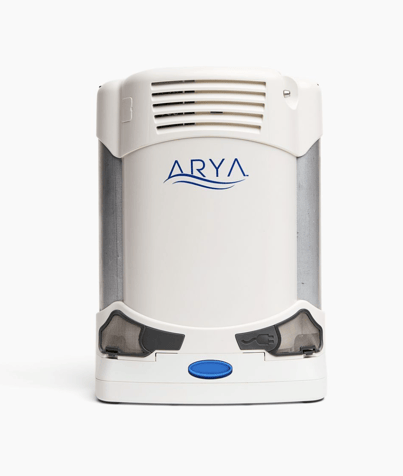
Portable oxygen concentrators, like the ARYA Arivito Max from LPT Medical, offer numerous benefits for oxygen patients who wish to remain active and independent:
Portability: POCs are lightweight and compact, allowing you to carry them easily, whether you're going for a walk, traveling, or engaging in daily activities. They offer freedom and flexibility to move around without being tethered to stationary oxygen equipment.
Battery Life: POCs come equipped with batteries that provide extended usage time, ensuring uninterrupted oxygen supply throughout the day. The ARYA Arivito Max, for instance, offers up to 15 hours of battery life, enabling users to maintain their desired level of activity.
Noise Level: POCs, such as the ARYA Arivito Max, operate quietly, allowing for discreet and peaceful use in various settings. This ensures that you can enjoy social interactions, attend events, and participate in activities without drawing attention to your oxygen therapy.
User-Friendly Controls: POCs are designed with intuitive controls, making them easy to operate for individuals of all ages. The ARYA Arivito Max, for example, features a simple interface and a large, user-friendly screen, enabling effortless adjustments and monitoring of oxygen settings.
Overview
.png?width=387&height=277&name=COPD%20graphic%202%20(1).png)
To be point blank, recognizing the early signs of emphysema is crucial for timely diagnosis and effective treatment.
if there is one take away from this blog, it is that engaging with your doctor and asking the right questions can help you understand the severity of your condition and determine the most appropriate treatment options.
Also remember that for individuals requiring supplemental oxygen therapy, portable oxygen concentrators like the ARYA Arivito Max offer a convenient and efficient solution, allowing for greater independence and mobility.
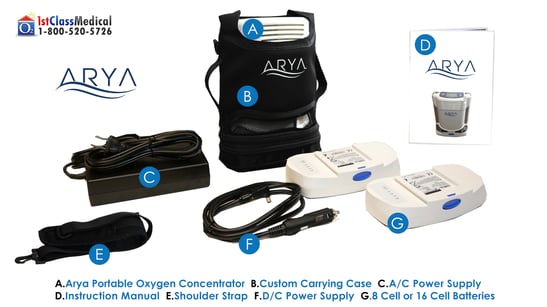
In conclusion, proactive communication with your healthcare provider and adherence to treatment plans are vital in ensuring the best care and management of emphysema.
By staying informed about your condition, discussing treatment options with your doctor, and considering advancements in technology like portable oxygen concentrators, you can take control of your health and maintain an active and fulfilling lifestyle.
Early detection, timely treatment, and open communication with your healthcare team are the key factors in effectively managing emphysema and improving your quality of life.

